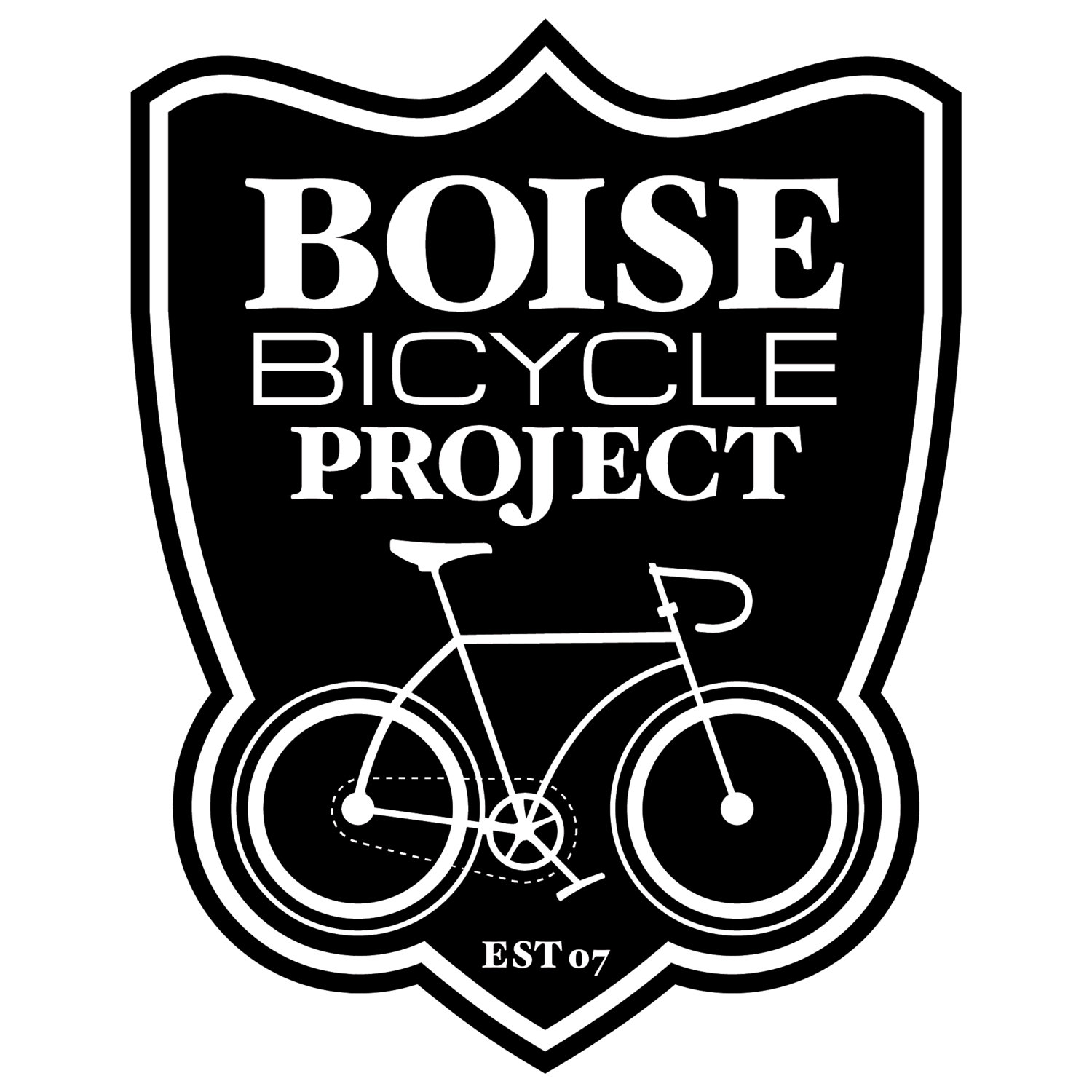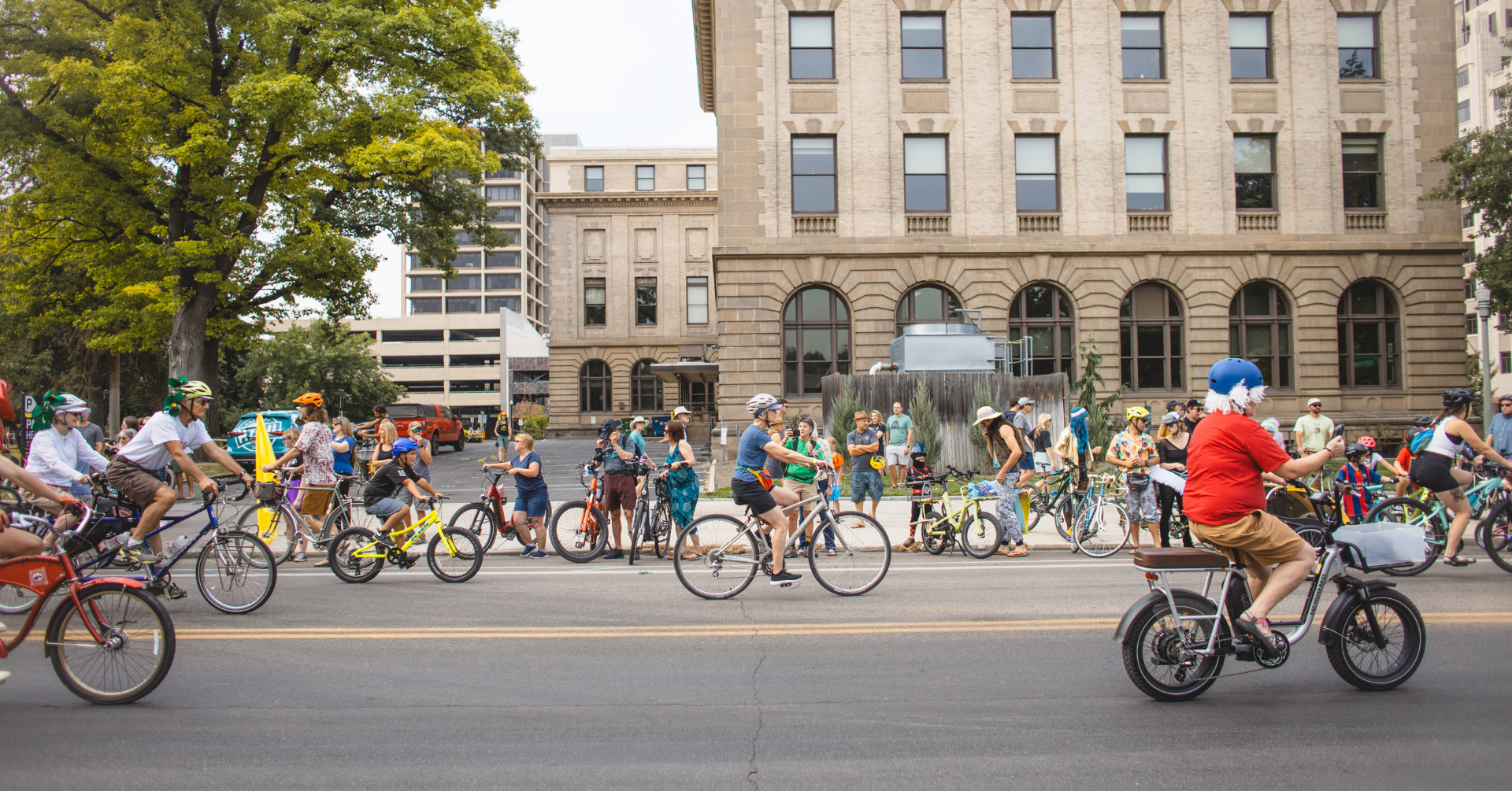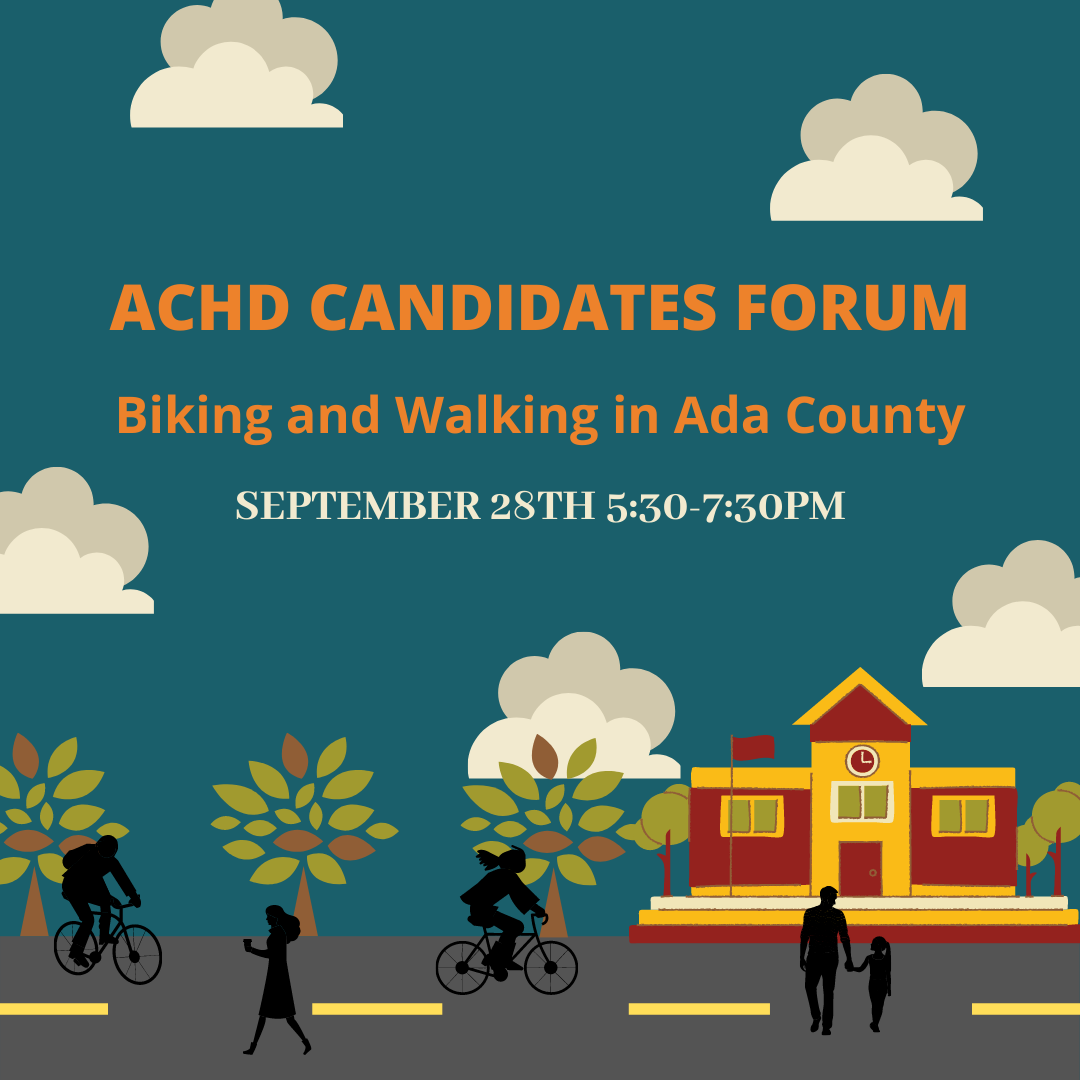bicycle advocacy in boise
Bicycle advocacy involves promoting, supporting, and working towards policies and initiatives that improve bicycling conditions.
It aims to create a safer and more accessible environment for bicyclists, whether through infrastructure development, policy changes, or community engagement.
WHY IS BICYCLE ADVOCACY IMPORTANT?
Safety
Advocacy helps create safer roads and pathways for bicyclists, reducing the risk of crashes and injuries.
Health & Environment
Encouraging bicycling contributes to a healthier population and reduces the environmental impact associated with motorized transportation.
Community
Bicycle-friendly communities foster a sense of community, encouraging people to connect and engage with each other.
How to Get Involved with the Advocacy Committee
1. Join Meetings
Attend advocacy committee meetings to stay informed about ongoing initiatives and discussions.
2. Volunteer
Participate in advocacy-related events and volunteer your time to support various projects.
3. Become a Member
Consider becoming a member of the Boise Bicycle Project to help the advocacy committee affect change in Boise.
Advocacy faqs
-
Public testimony is an opportunity for individuals to express their opinions, concerns, or support for specific issues during public hearings or meetings. In the context of bicycle advocacy, public testimony provides a platform to voice the needs and preferences of the bicycling community.
-
Influence Decision-Making: Public testimony can influence policymakers and decision-makers by providing them with real-life perspectives and insights.
Community Representation: It ensures that the diverse voices within the cycling community are heard and considered.
Policy Impact: Effective public testimony can lead to the development and implementation of policies that benefit cyclists.
-
1.Idea: A bill is sponsored by a legislator or group of legislators. The idea for the bill may come from constituents, government agencies, or special interest groups.
2.Drafting the Bill: The Legislative Services Research and Legislative Division drafts the idea into a bill, and assign it a routing slip (“RS” number).
3. Introduction of the Bill: The bill is introduced in either the House of Representatives or the Senate. It is assigned a bill number and referred to a committee.
4. Committee Hearing Process: The bill is reviewed by a committee that specializes in the subject matter of the bill. The committee may hold hearings, gather testimony, and make amendments to the bill. One of the following recommendations may be made when the bill is reported out of committee:
Do pass
Do not pass
With recommendations
Placed on General Orders for Amendment
Withdrawn
Referred to another committee through the Clerk’s office
In many cases, bills ‘die in committee’ at the discretion of the committee chair.
5. Second Reading: The bill returns to the full chamber for the second reading. During this stage, members have the opportunity to debate the bill. Amendments can be proposed and voted on during the debate. The bill is automatically placed on the Third Reading Calendar for the following day unless further action is taken.
6. Third Reading: The bill proceeds to the third reading, which is often the final stage of consideration in the chamber. The debate on the bill is limited, and no further amendments are allowed. Members cast their final vote on whether to pass the bill. If a ball passes it is passed along to the other house where it repeats the same process again.
Governor's Approval: If the bill passes both houses it is sent to the Governor for approval. The Governor can do one of the following three things:
Sign it into law (needs to be signed within 5 days after receipt or within 10 days of the end of the session).
Allow it to become law without a signature, this is done by not signing within the recommended 5 days.
Veto the bill before the end of the recommended 5 days after receipt and is sent to the house of origin.
A vetoed bill returns to the floor and can still become law if it is overridden with the support of ⅔ of the House members and ⅔ of the Senate members.
Advocacy Contact list
-
Representative Russ Fulcher fulcher.house.gov
Representative Mike Simpson simpson.house.gov
Senator Mike Crapo crapo.senate.gov
Senator Jim Risch risch.senate.gov
-
District 15: James ‘Rick’ Just rjust@senate.idaho.gov
District 16: Alison ‘Ali’ Rabe arabe@senate.idaho.gov
District 17: Carrie Semmelroth csemmelroth@senate.idaho.gov
District 18: Janie Ward-Engelking jwardengelking@senate.idaho.gov
District 19: Melissa Wintrow mwintrow@senate.idaho.gov
District 20: Chuck Winder cwinder@senate.idaho.gov
District 21: Treg Bernt tbernt@senate.idaho.gov
District 22: Lori Den Hartog ldenhartog@senate.idaho.gov
-
District 15: Steve Berch sberch@house.idaho.gov
District 15: Dori Healy dhealy@house.idaho.gov
District 16: Soñis R. Galaviz sgalaviz@house.idaho.gov
District 16: Colin Nash cnash@@house.idaho.gov
District 17: Sue Chew schew@house.idaho.gov
District 17: John Gannon jgannon@house.idaho.gov
District 18: Brooke Green bgreen@house.idaho.gov
District 18: Ilana Rubel irubel@house.idaho.gov
District 19: Chris Mathias cmathias@house.idaho.gov
District 19: Lauren Necochea lnecochea@house.idaho.gov
District 20: James Holtzclaw jholtzclaw@house.idaho.gov
District 20: Joe Palmer jpalmer@house.idaho.gov
District 22: Jason A. Monks jmonks@house.idaho.gov
District 22: John Vander Woude jvanderwoude@house.idaho.gov
-
District 1: Ryan Davidson
District 2: Rod Beck (Chair)
District 3: Tom Dayley
bocc1@adacounty.id.gov
-
Mayor of Boise
Lauren Mclean
mayormclean@cityofboise.org
-
District 1: Lucy Willits
District 2: Colin Nash
District 3: Kathy Corless
District 4: Jordan Morales
District 5: Meredith Stead
District 6: Jimmy Hallyburton
citycouncil@cityofboise.org
-
District 1: Jim Hansen
District 2: Alexis Pickering (Commission President)
District 3: Miranda Gold (Vice Chair)
District 4: Kent Goldthorpe
District 5: Dave McKinney
achdidaho.org/about-achd/commission
-
Chairman: Bill Moad
District 3 (Boise): Julie DeLorenzo
https://apps.itd.idaho.gov/Apps/WebCommentsV2/











